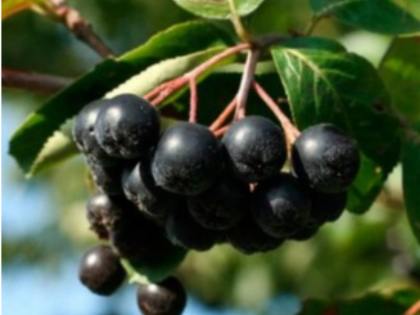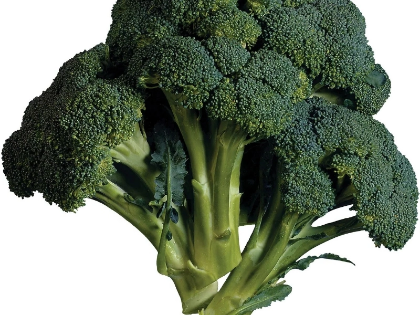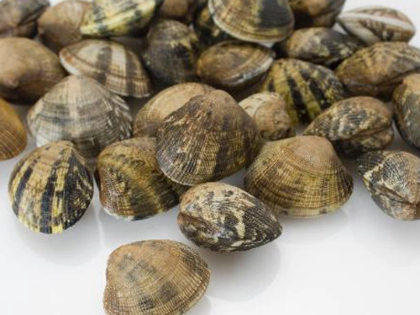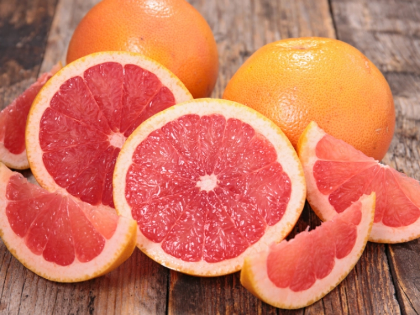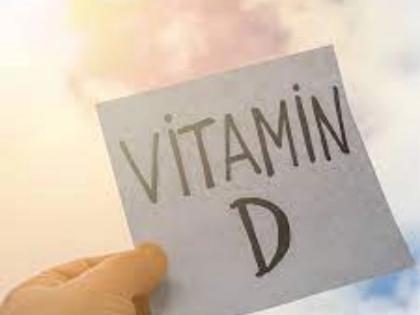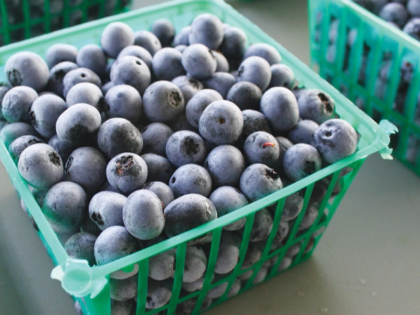Vitamin K and Exercise Recovery: Supporting Muscle Health
1. Vitamin K: Its Value Particularly in blood clotting and bone health, vitamin K is a fat-soluble vitamin that is absolutely important for many body processes. Its advantages, in the in the meantime, go beyond these purposes, particularly with regard to muscle health and workout recuperation. Found in green leafy vegetables, K1 (phylloquinone) and K2 (menaquinone), two main forms of vitamin K, are present in fermented foods and animal products, respectively. Knowing the part vitamin K plays in muscle healing will enable people to maximize their post-exercise schedules.
2. The Part Vitamin K Plays in Muscle Function Synthesizing proteins vital for muscle function—including those related to muscular contraction and repair—depends on vitamin K. It enables some proteins that control calcium levels in muscles to be triggered, therefore enabling appropriate muscular contraction. Both sportsmen and fitness buffs should pay close attention to vitamin K since it helps muscles perform and recuperate.
3. The interplay of vitamin K and inflammation The body becomes inflammatory during the healing period following vigorous activity. Although inflammation is a normal reaction, too much inflammation can impede healing and cause muscle pain. Anti-inflammatory qualities of vitamin K can assist in lessening this response. Reducing inflammation helps vitamin K enable speedier healing and lets people get back into their training schedules more rapidly.
4. Encouragement of bone health for enhanced healing The best possible muscle performance and rehabilitation depend on strong bones. Through control of calcium metabolism, vitamin K significantly helps to preserve bone density. Strong bones give a strong basis for muscles to operate as they should, therefore lowering their risk of injury during physical exercise. Ensuring enough vitamin K intake helps both muscle and bone health as well as promotes improved general recovery following exercise.
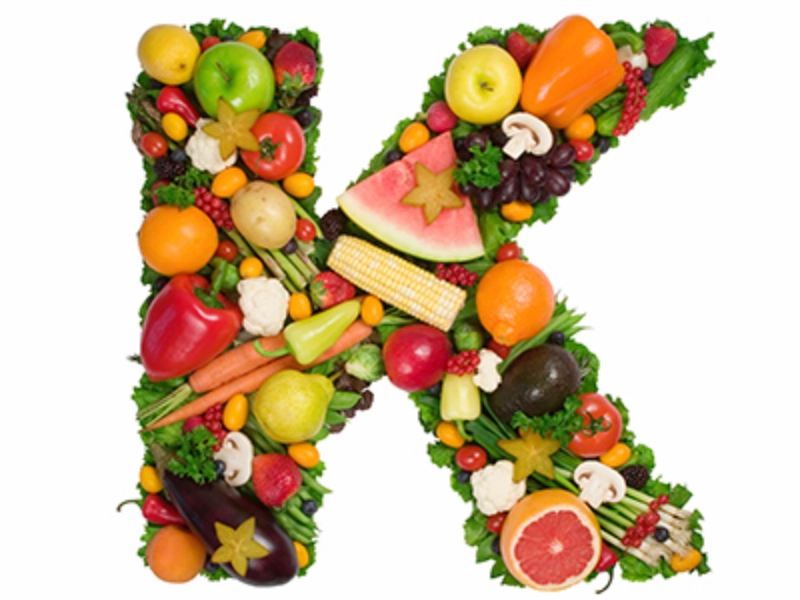
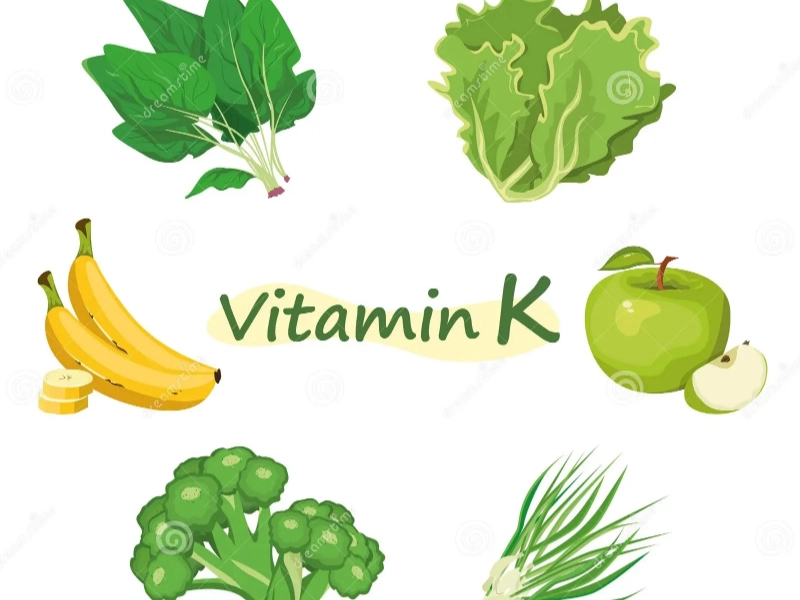 6. The Harmony Between Other Nutrients and Vitamin K To support muscle and bone health, vitamin K cooperates with other nutrients, including vitamin D and calcium. Whereas vitamin K guides calcium to the bones instead of soft tissues, vitamin D improves calcium absorption. Maintaining both muscular function and bone integrity depends on this cooperation; hence, a balanced diet high in these minerals is essential for best recovery.
6. The Harmony Between Other Nutrients and Vitamin K To support muscle and bone health, vitamin K cooperates with other nutrients, including vitamin D and calcium. Whereas vitamin K guides calcium to the bones instead of soft tissues, vitamin D improves calcium absorption. Maintaining both muscular function and bone integrity depends on this cooperation; hence, a balanced diet high in these minerals is essential for best recovery.
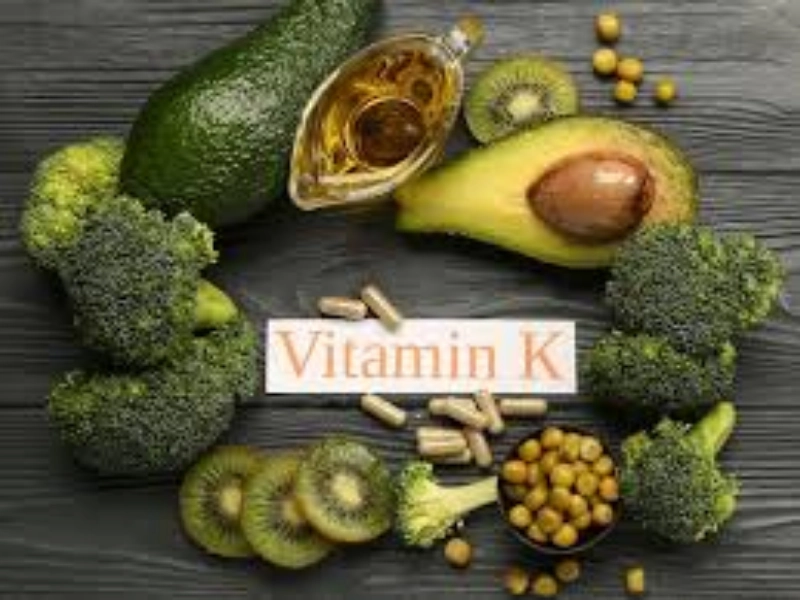 7. Vitamin K Dietary Sources Including foods high in vitamin K in your diet will help muscles heal most successfully. Excellent sources of vitamin K1 are leafy greens like collards, kale, and spinach. Vitamin K2 is found in fermented foods like several cheeses and natto. Other foods that might help you daily include green beans, Brussels sprouts, and broccoli. Incorporating a range of these items into your diet can help guarantee you are getting enough vitamin K.
8.Timing Your Vitamin K Consumption Timing your vitamin K consumption around your workouts can help you to maximize its advantages for exercise recovery. Foods high in vitamin K can support the body's healing mechanisms following exercise. Combining these foods with sources of protein and good fats can help to improve nutrient absorption and muscular healing even more. Meal and snack plans, including vitamin K, help to maximize performance and recovery.
9. Potential Deficiencies: Their Effects Though rare, vitamin K insufficiency can develop and could compromise muscle strength and recovery. Weakened bones, bleeding, and simple bruising are among the symptoms of shortage. Athletes or those following restricted diets could be more prone to being deficient. Maintaining muscular condition and promoting recovery depend on you tracking your vitamin K consumption and making sure you get enough.
10. Review of Vitamin K's Function in Exercise Recovery Because of its involvement in muscle function, inflammation reduction, and bone health, vitamin K is an essential component supporting muscle health and exercise recovery. Working in concert with other nutrients and improving blood flow helps vitamin K support efficient recovery following physical exercise. Including foods high in vitamin K in your diet can help you recover most effectively and enable you to function as best as possible. Knowing the value of this vitamin will enable people to raise their general level of wellness and fitness.
7. Vitamin K Dietary Sources Including foods high in vitamin K in your diet will help muscles heal most successfully. Excellent sources of vitamin K1 are leafy greens like collards, kale, and spinach. Vitamin K2 is found in fermented foods like several cheeses and natto. Other foods that might help you daily include green beans, Brussels sprouts, and broccoli. Incorporating a range of these items into your diet can help guarantee you are getting enough vitamin K.
8.Timing Your Vitamin K Consumption Timing your vitamin K consumption around your workouts can help you to maximize its advantages for exercise recovery. Foods high in vitamin K can support the body's healing mechanisms following exercise. Combining these foods with sources of protein and good fats can help to improve nutrient absorption and muscular healing even more. Meal and snack plans, including vitamin K, help to maximize performance and recovery.
9. Potential Deficiencies: Their Effects Though rare, vitamin K insufficiency can develop and could compromise muscle strength and recovery. Weakened bones, bleeding, and simple bruising are among the symptoms of shortage. Athletes or those following restricted diets could be more prone to being deficient. Maintaining muscular condition and promoting recovery depend on you tracking your vitamin K consumption and making sure you get enough.
10. Review of Vitamin K's Function in Exercise Recovery Because of its involvement in muscle function, inflammation reduction, and bone health, vitamin K is an essential component supporting muscle health and exercise recovery. Working in concert with other nutrients and improving blood flow helps vitamin K support efficient recovery following physical exercise. Including foods high in vitamin K in your diet can help you recover most effectively and enable you to function as best as possible. Knowing the value of this vitamin will enable people to raise their general level of wellness and fitness.
